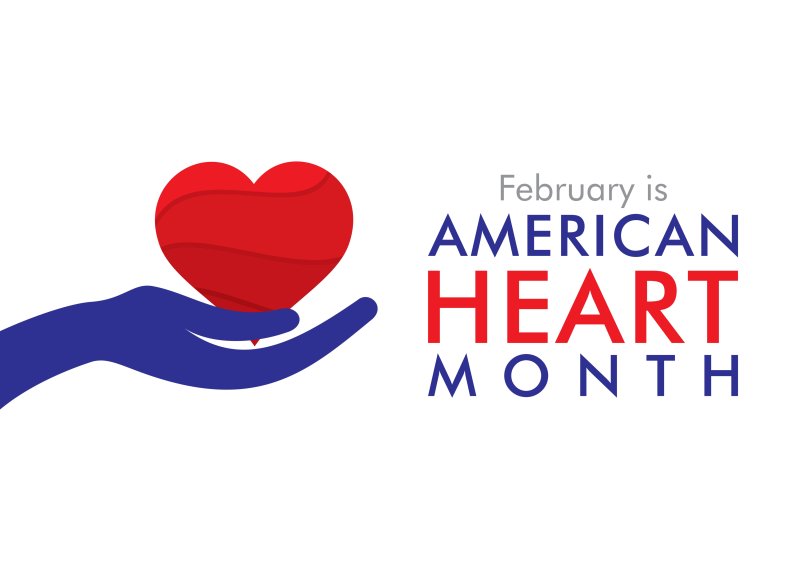
American Heart Month
The month of February is the month of love. Grocery stores have red, heart-shaped balloons at every register, the candy aisle is filled with sugary hearts with sweet messages, and classrooms are suddenly pink and red and ready for Valentine’s Day. But the month of February is also American Heart Month, where we spread awareness of the dangers of heart disease and how to avoid it.
18.6 million people died of cardiovascular disease in 2019, which is a whopping 17.1% increase over the past decade. Statistics like that should come as no surprise that heart disease is the number one killer in America. Over 800,000 Americans will have a heart attack each year. Such an aggressive condition rarely plays fair and affects people equally. Unfortunately, women get the short end of the stick with this one. 1 in 3 women will be diagnosed with heart disease.
COVID can easily be considered heart disease’s sidekick. Not only have scientists seen permanent heart damage from COVID survivors, but many people picked up on unhealthy lifestyle habits such as increased alcohol consumption, limited physical activity, and poor eating choices. Yet, heart disease can be preventable in most cases if you adopt a healthy lifestyle.
A healthy lifestyle is more than just exercising and eating right. It’s more than just no smoking and keeping your stress levels down. The World Health Organization defines health as “A complete state of mental, physical, and social well-being not merely the absence of disease.” This includes maintaining a healthy weight for your height and age, controlling high blood sugar, cholesterol, and blood pressure, and getting 150 minutes of moderate to intense physical activity a week. You should also see your doctor for regular checkups and treat any other health conditions. When you’re at the grocery store comparing nutritional labels, it is always better to avoid trans fats. However, the natural fats found in avocados, eggs, cheese, and even dark chocolate are always a great choice.
Your mental state is just as crucial to maintaining good heart health. People with “permanent stress,” or chronic stress, are twice as likely to suffer from a heart attack. Finding ways to reduce your stress could be life-saving. If you find it too difficult to handle your stress, talking to a licensed counselor can be beneficial. Therapy can also help you with depression symptoms. Depression raises the body’s level of inflammation, which increases your risk of developing heart diseases by 400%.
In honor of February being American Heart Month, take the first steps to reclaim your healthy lifestyle and fight against heart disease. Your body will thank you.







